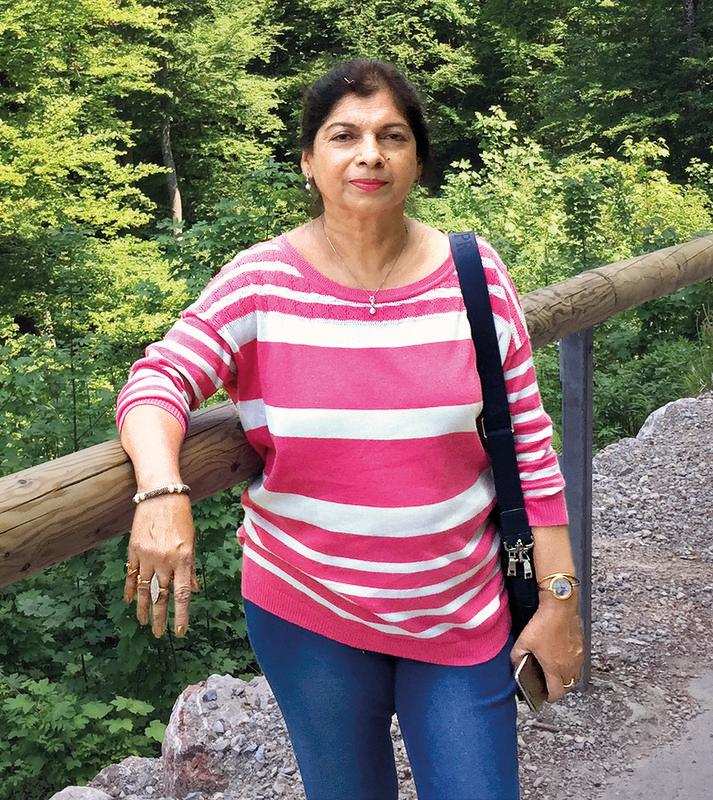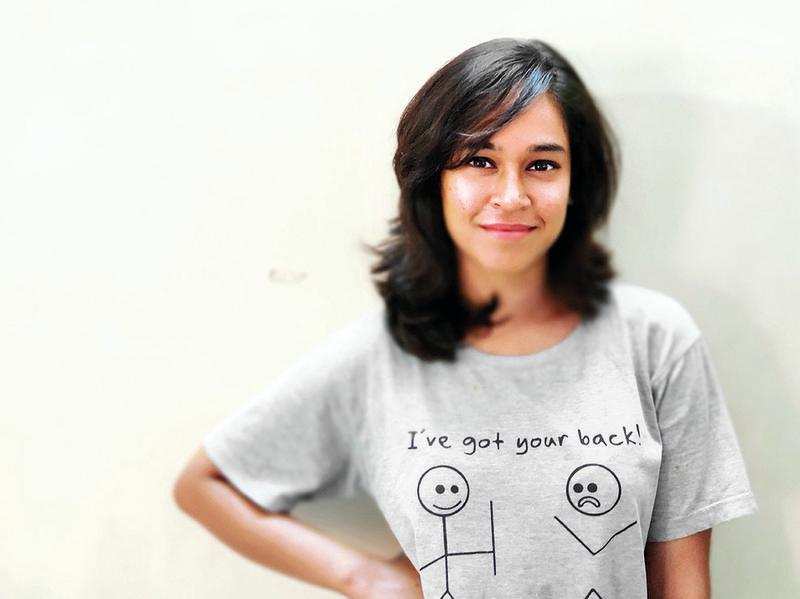Kolkata: Building a business is tough and possibly tougher if you are a woman in a patriarchal order. But, things tend to change when you know how to build a door if opportunity doesn’t come knocking. Armed with sheer grit and the sole goal to make a difference, these women broke the glass ceiling and carved a niche for themselves in the country’s startup ecosystem.
Shaleni S Biswas
Shaleni S Biswas struck a balance between family and work while “redefining” the office supplies market with Easy Note Stationery. “I was married and a mother by 21. So, my entrepreneurship dream had to wait. But, it was worth the while. I was more responsible, confident and focused when I started. Stationery had become an unsteady business in the electronic age. I decided to redefine it with hard work and constant learning,” she said. Today, as the managing director of the company she started, Biswas caters to an entire gamut of industries — from academic institutions and corporate firms to confectionery and aviation. “Our goal is to expand and reach out to a larger clientele,” she added.

Supriya Roy
Having started her journey with a small confectionery shop in 1990, Supriya Roy is now the MD of The Sugarr & Spice. “My entrepreneurship skills are based on my daily work experiences. I chose the confectionery segment because it looked more promising. My aim is to carry on more efficiently,” she said.

Saumya Binani Sarda
Saumya Binani Sarda, founder-director of TalbotFORCE, is streamlining and keeping up with the current trends in the IFM segment. She is redefining the country’s real estate management sector for commercial office complexes and larger housing societies. She acquired Talbot, a defunct English company with 10 people. In a couple of years, she reformed its structure. It now boasts 8,000 workers across the country.
“I grew up in a business family. From the very beginning, my dream was to train unskilled and underprivileged people. Every startup faces difficulties and my journey was no exception. From manpower to money management, I brought in innovative solutions. Passion and perseverance helped me overcome hurdles,” she said.
Sonali Ghosal followed in the footsteps of her father — engineer-turned-entrepreneur Shyamalendu Ghosal — and more. The computer engineer from Jadavpur University turned a 22-bed diagnostic centre, a pet healthcare project of her dad’s, into a 100-bed multi-speciality hospital. “Since childhood, I took active interest in my father’s work. Success does not happen overnight; it takes immense dedication and perseverance,” the managing director of Nightingale Hospital told TOI.
Ghosal has been on an entrepreneurial streak for 15 years now. “Apart from Nightingale Hospital, I have taken care of civil engineering projects and tea estates in north Bengal,” she said, adding, “I love to launch new services in the hospital; introduce innovative business ideas. I am planning to launch a skill development programme under the brand Nightingale. Being honorary adviser for Ficci-Sikkim, I am also looking forward to more activities in the tiny Himalayan state.”

Priyanka Mandal
In January 2020, Priyanka Mandal launched Clan Earth with Broteen Biswas. Her mission was to reduce the use of plastic in accessories such as bags, backpacks and wallets. The city-based eco-friendly startup was incubated by WE Hub, an initiative for women entrepreneurs by the Telangana government. Today, Clan Earth trains unemployed youths to make its products and plants five trees for every product sold. Till date, 3,325 trees have been planted across India by the startup that has catered to around 900 people. It raked in a revenue of Rs 15 lakh over a capital investment of Rs 8 lakh in the last fiscal.
“The core of our startup is built on environment and social sustainability. We have worked for nearly six years in the slums of Kolkata and Howrah to empower the youth. They have been trained in sewing, tailoring, computers and doodling before being absorbed. Our vision is to plant and nurture one million trees by 2030. Future plans include using coconut and cactus leather for a zero-waste production process and taking our brand to the international market,” Mandal said.
Source: https://timesofindia.indiatimes.com/city/kolkata/ladies-first/articleshow/85140775.cms



